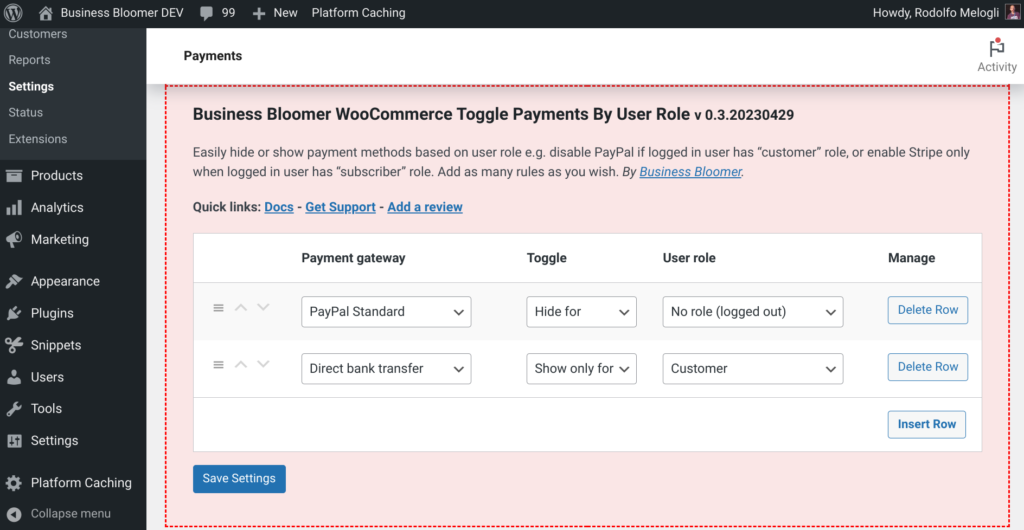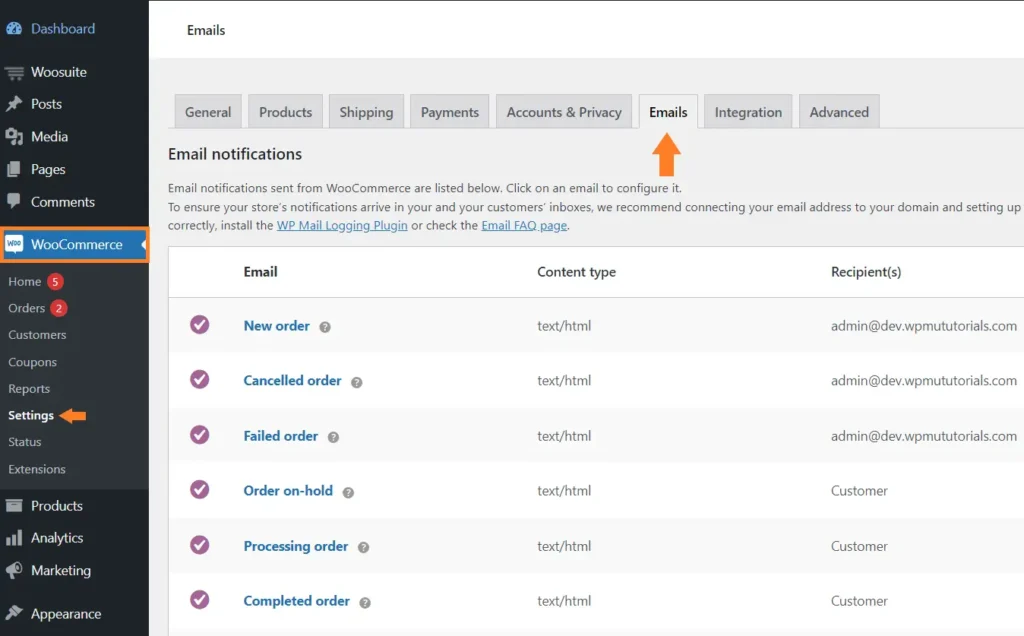Introduction
WooCommerce provides basic shipping methods out of the box, but if you’re running a serious e-commerce store, real-time shipping rates from carriers like FedEx, UPS, DHL, or USPS can significantly improve accuracy and reduce cart abandonment.
In this post, you’ll learn how to integrate carrier APIs into WooCommerce to fetch live shipping rates dynamically during checkout.
Why Real-Time Shipping Rates Matter
- Accurate pricing – Avoid overcharging or undercharging customers
- Better conversion rates – Show competitive shipping options
- Multi-warehouse support – Calculate shipping based on the nearest fulfillment center
- Custom rules – Add handling fees or discounts dynamically
Tools & Technologies
- WooCommerce (latest version)
- Carrier API (e.g. FedEx, UPS, USPS, DHL)
- PHP & WordPress Hooks (
woocommerce_package_rates) - Optional: Action Scheduler for API caching
Step 1: Create a Custom Shipping Method
Create a custom plugin or add the following in functions.php (or a plugin):
if (!class_exists('BookWP_RealTime_Shipping')) {
class BookWP_RealTime_Shipping extends WC_Shipping_Method {
public function __construct() {
$this->id = 'bookwp_realtime_shipping';
$this->method_title = __('Real-Time Shipping');
$this->method_description = __('Fetch shipping rates from carrier APIs');
$this->enabled = 'yes';
$this->title = __('Live Carrier Shipping');
$this->init();
}
public function init() {
$this->init_form_fields();
$this->init_settings();
add_action('woocommerce_update_options_shipping_' . $this->id, [$this, 'process_admin_options']);
}
public function calculate_shipping($package = []) {
$rate = $this->fetch_carrier_rate($package);
$this->add_rate([
'id' => $this->id,
'label' => 'Real-Time Shipping',
'cost' => $rate,
]);
}
private function fetch_carrier_rate($package) {
$destination = $package['destination'];
$weight = WC()->cart->get_cart_contents_weight();
return bookwp_get_carrier_rate($destination, $weight);
}
}
}
add_action('woocommerce_shipping_init', function() {
new BookWP_RealTime_Shipping();
});
add_filter('woocommerce_shipping_methods', function($methods) {
$methods['bookwp_realtime_shipping'] = 'BookWP_RealTime_Shipping';
return $methods;
});
Step 2: Connect to Carrier API
Here’s a simplified example for fetching rates from a mock carrier API:
function bookwp_get_carrier_rate($destination, $weight) {
$api_url = 'https://api.carrier.com/rates';
$api_key = 'your_api_key_here';
$response = wp_remote_post($api_url, [
'headers' => [
'Authorization' => 'Bearer ' . $api_key,
'Content-Type' => 'application/json',
],
'body' => json_encode([
'country' => $destination['country'],
'state' => $destination['state'],
'zip' => $destination['postcode'],
'weight' => $weight,
]),
]);
if (is_wp_error($response)) {
return 10; // fallback flat rate
}
$body = json_decode(wp_remote_retrieve_body($response), true);
return $body['rate'] ?? 10;
}
Step 3: Caching API Requests
To avoid hitting carrier APIs repeatedly, cache results:
function bookwp_cached_carrier_rate($destination, $weight) {
$cache_key = 'rate_' . md5($destination['postcode'] . '_' . $weight);
$cached = get_transient($cache_key);
if ($cached) return $cached;
$rate = bookwp_get_carrier_rate($destination, $weight);
set_transient($cache_key, $rate, 10 * MINUTE_IN_SECONDS);
return $rate;
}
Advanced Enhancements
- Multi-carrier comparison: Display multiple options (FedEx, UPS, DHL)
- Zone-based pricing: Add handling fees per region
- Split shipments: Calculate per-warehouse rates if using multi-location inventory
- AI-powered optimization: Suggest the cheapest or fastest shipping method automatically
Security Best Practices
- Store API keys in
wp-config.php, not in code - Validate destination data before sending to carriers
- Use SSL for all API requests
- Implement logging for debugging failed requests




